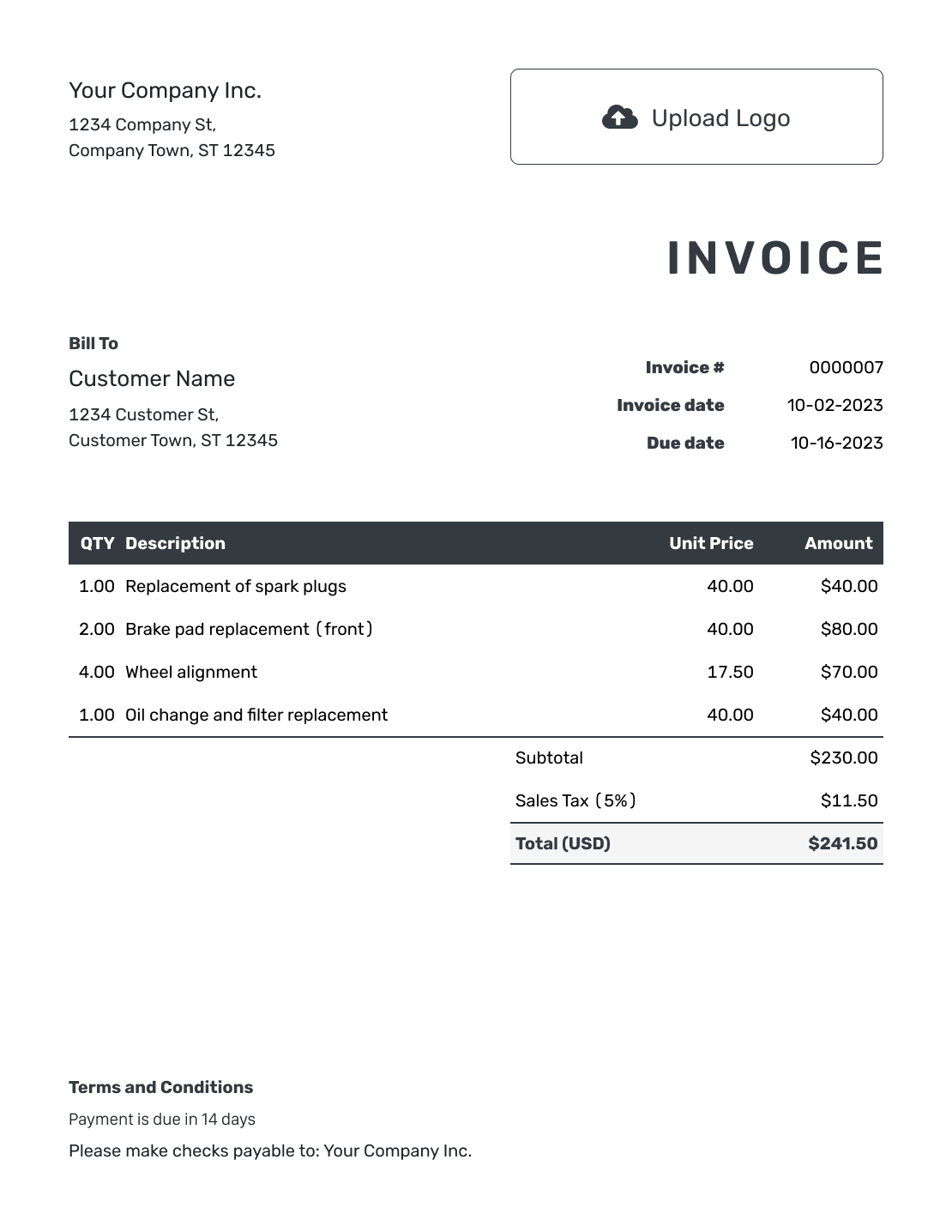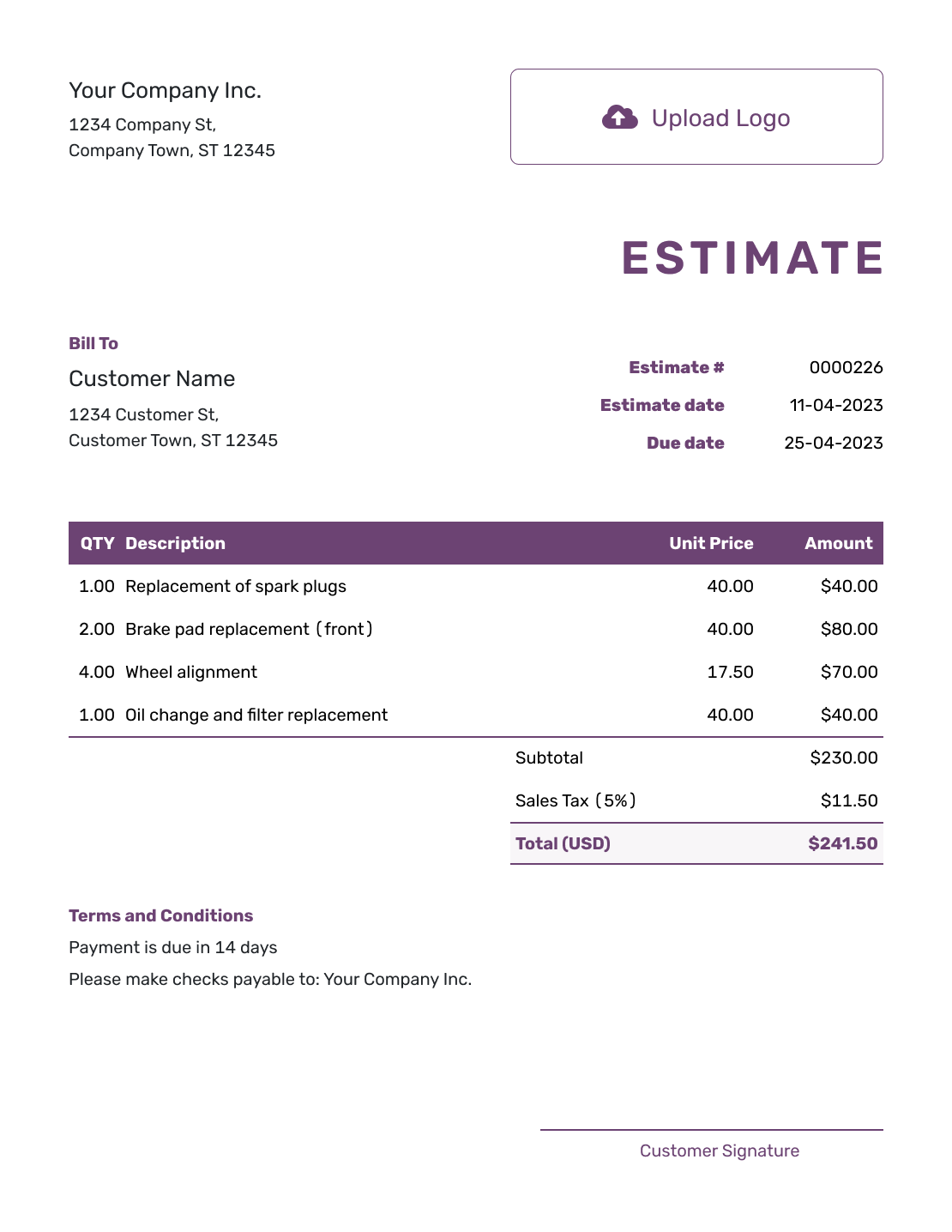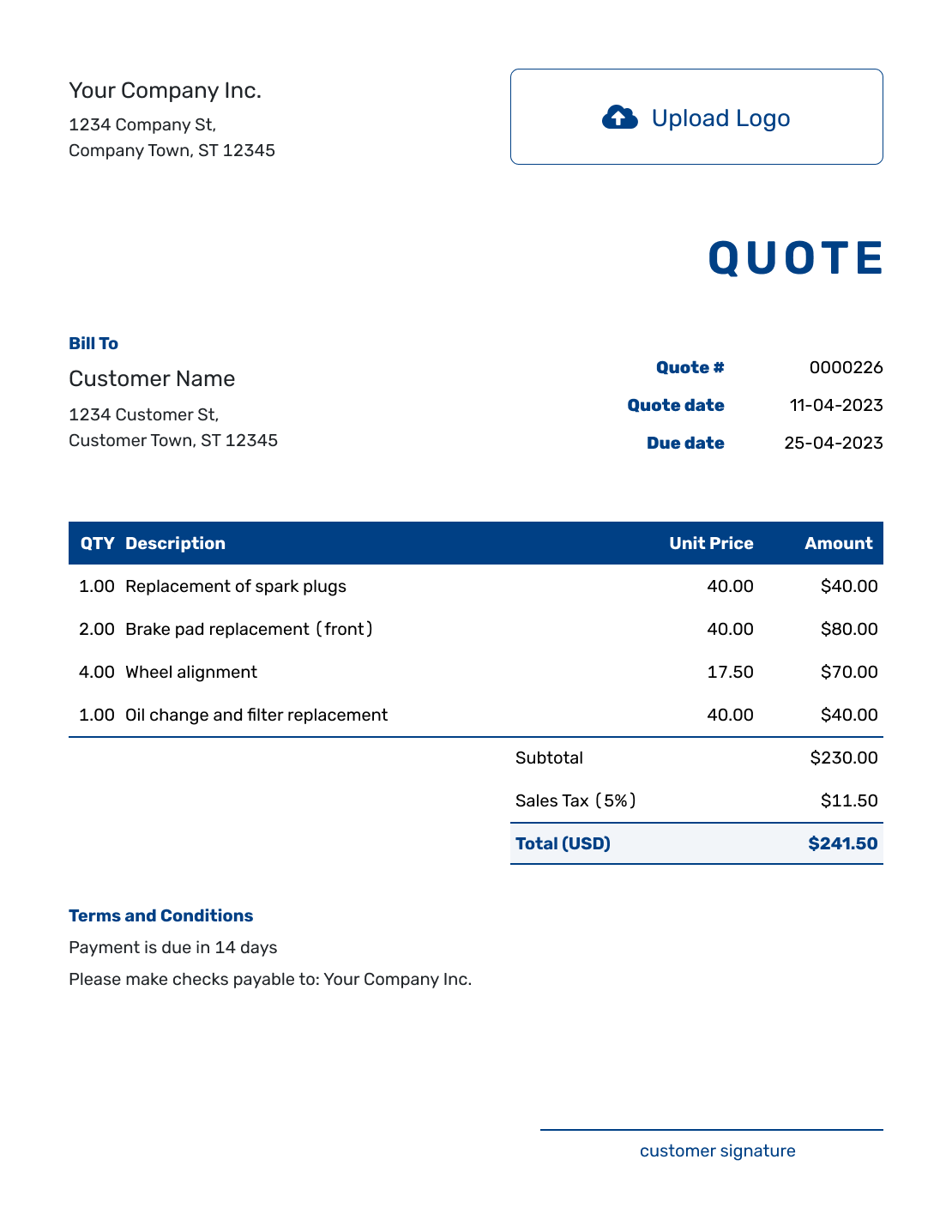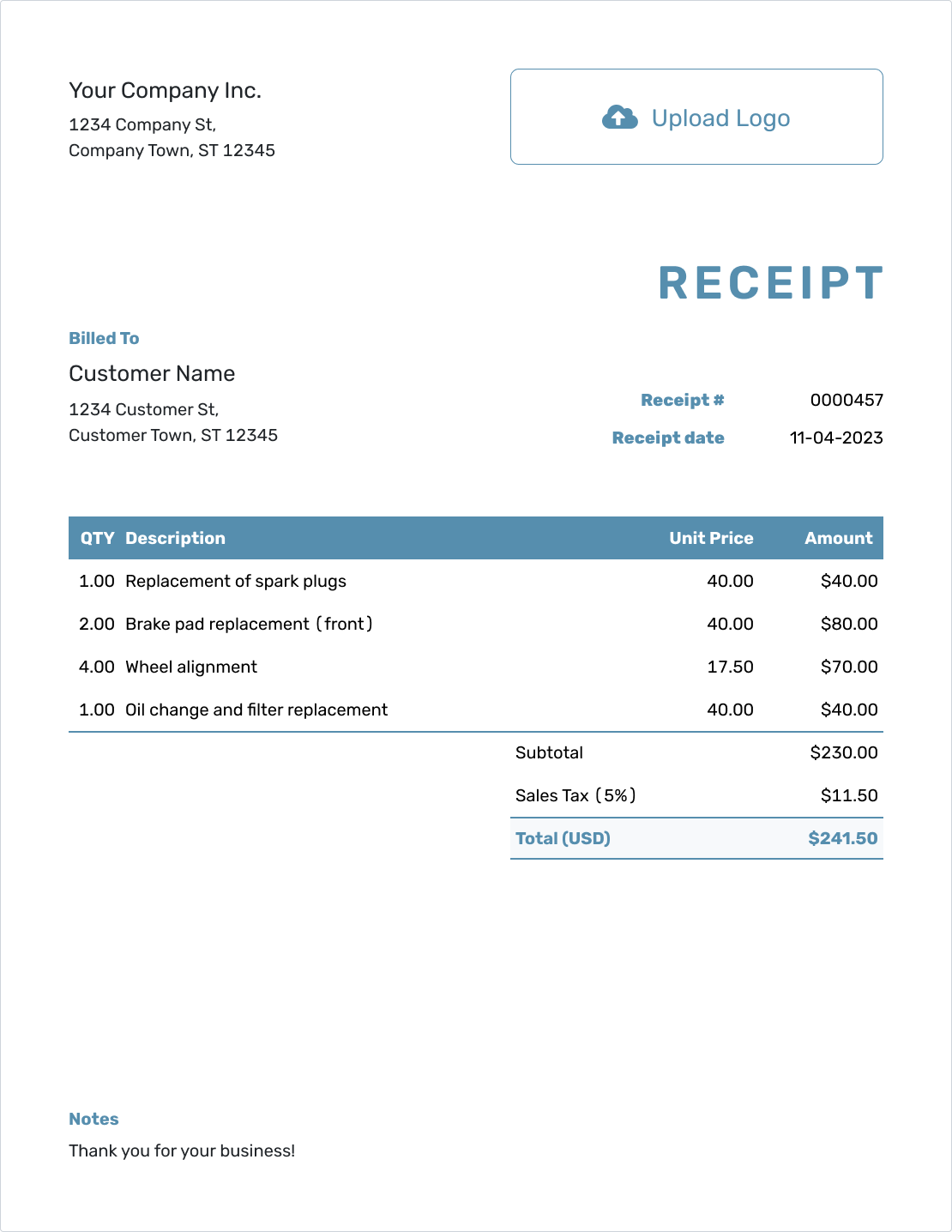Understanding
Fixed Costs
Est. reading time: 5 min

Fixed costs are those expenses that stay the same no matter how much you sell or produce. Imagine your rent, for example: whether you sell one product or one thousand, you still need to pay rent for your office or store. That's what makes it a fixed cost—it doesn't change with your business activity.
What Is a Fixed Cost?
A fixed cost is an expense that your business must pay regularly, and it doesn’t fluctuate with the amount of goods or services you produce. This means that even if your sales are lower one month or higher the next, fixed costs remain constant. Things like rent, insurance, and salaries of permanent staff are all considered fixed costs.
Fixed costs are different from variable costs, which change based on how much you produce or sell. For instance, if you run a bakery, the cost of flour and sugar will go up the more cakes you bake. But the rent you pay for the space remains the same—whether you bake one cake or a hundred.
Examples of Fixed Costs
- Rent or Mortgage: The monthly payment for your office, shop, or factory space.
- Salaries: Payments to full-time employees who are on a fixed salary.
- Insurance: The cost of business insurance, which usually stays constant each year.
- Utilities: Some utility costs, like basic electricity or water fees, may stay consistent month to month.
- Depreciation: The gradual reduction in value of fixed assets, like buildings or vehicles, over time.
These are costs that don’t change no matter how much you produce or sell, making them predictable and easy to budget for.
Why Are Fixed Costs Important?
Understanding fixed costs is crucial for managing your business effectively. Fixed costs help you determine your break-even point, which is the number of products or services you need to sell to cover all your expenses. When you know what your fixed costs are, it becomes easier to plan how much you need to earn to make a profit.
Fixed costs also provide stability. Since these expenses don’t change, they make budgeting more straightforward. You know exactly how much you need to set aside each month to cover rent, salaries, and insurance. This allows you to focus on managing your variable costs and growing your revenue.
Fixed Costs and Scaling Your Business
Fixed costs can also influence how you scale your business. For example, if your fixed costs are high, you might need to find ways to increase production or sales to spread these costs over more units and reduce the cost per unit. This is known as achieving economies of scale. The more products you make, the lower the impact of your fixed costs per product.
The Docelf Advantage
At Docelf, we aim to make managing your business finances simpler. Fixed costs may be constant, but keeping track of quotes, estimates, and invoices can often feel anything but steady. With our easy-to-use tools, Docelf helps you:
- Create Professional Invoices: Quickly generate invoices for your clients, making sure your fixed costs are always covered.
- Generate Quotes and Estimates: Provide accurate quotes and estimates that factor in both your fixed and variable costs, helping you stay profitable.
- Stay Organized: Keep all your financial documents in one place so you can easily track what you’re earning and spending.
Want to simplify your invoicing and ensure you’re covering all your costs? Try Docelf for free today!




